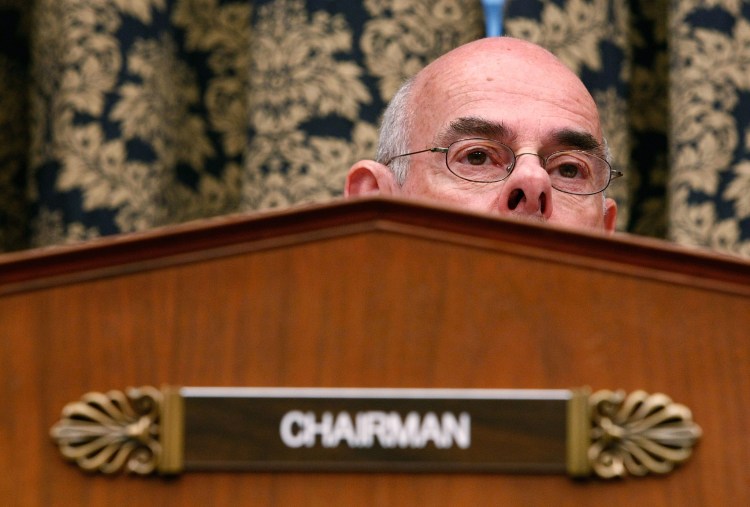California Democratic House member Henry Waxman proposed a plan Friday to guarantee net neutrality by making broadband a Title II telecommunications service. In essence, this would mean putting the force of law behind the idea that the Internet is a public service as essential as roads, schools, and telephone service.
Waxman, the top Democrat on the House Energy and Commerce Committee, says the plan would give the FCC legal authority to regulate net neutrality in a way that wouldn’t bring about a lot of political rancor.
Waxman’s plan would use a “hybrid approach” to ensure net neutrality, which surveys show most Americans support. One one hand it would indeed make broadband a Title II service, barring Internet providers from blocking websites, throttling traffic, or creating special fast lanes for websites that want to pay more. But it would also avoid giving the FCC the power to control broadband prices or to force ISPs to provide broadband service to everyone.
“This approach would provide the bright-line protections that advocates of Internet openness are seeking,” Waxman wrote in a letter proposing the idea to FCC chairman Tom Wheeler Friday. “At the same time, this approach would address the major concerns of the broadband providers, because the main substantive provisions of Title II would not be invoked.”

Above: FCC Chairman Tom Wheeler
Republicans and telecom industry players have long held that classifying broadband as a Title II service would “stifle growth” and “curb innovation.” And, true to form, several groups have already come out against Waxman’s plan.
The National Cable and Telecommunications Association warned in a statement today that putting broadband under Title II “will result in years of uncertainty and legal tussles.”
“At a time when the Internet economy is growing and thriving, regulatory uncertainty would only chill investment, innovation, and the tremendous progress we’ve become accustomed to,” the group said.
“Rep. Henry Waxman’s suggestion that the Federal Communications Commission reclassify the Internet under Title II would stifle investment, innovation, and consumer choice,” said the pro-telecom industry group Broadband for America. “There is no half step or hybrid approach when it comes to reclassifying the Internet under Title II.”
Wheeler and the FCC have made noises that they are seeking a middle ground on the net neutrality issue that would be palatable to both sides. Whether Waxman’s “hybrid” approach fits the bill remains to be seen.
The FCC’s own attempt at hitting that middle ground came last spring in a proposal that seemed to leave open the possibility that ISPs could charge big Internet companies for “Internet fast lanes.” The proposal was met with a storm of criticism from net neutrality proponents. More than 3.7 million people filed comments with the FCC — the most for any issue the commission has tackled.
The FCC is now under pressure to come up with a solution and to define its own role in the process at the same time.
Via: National Journal


